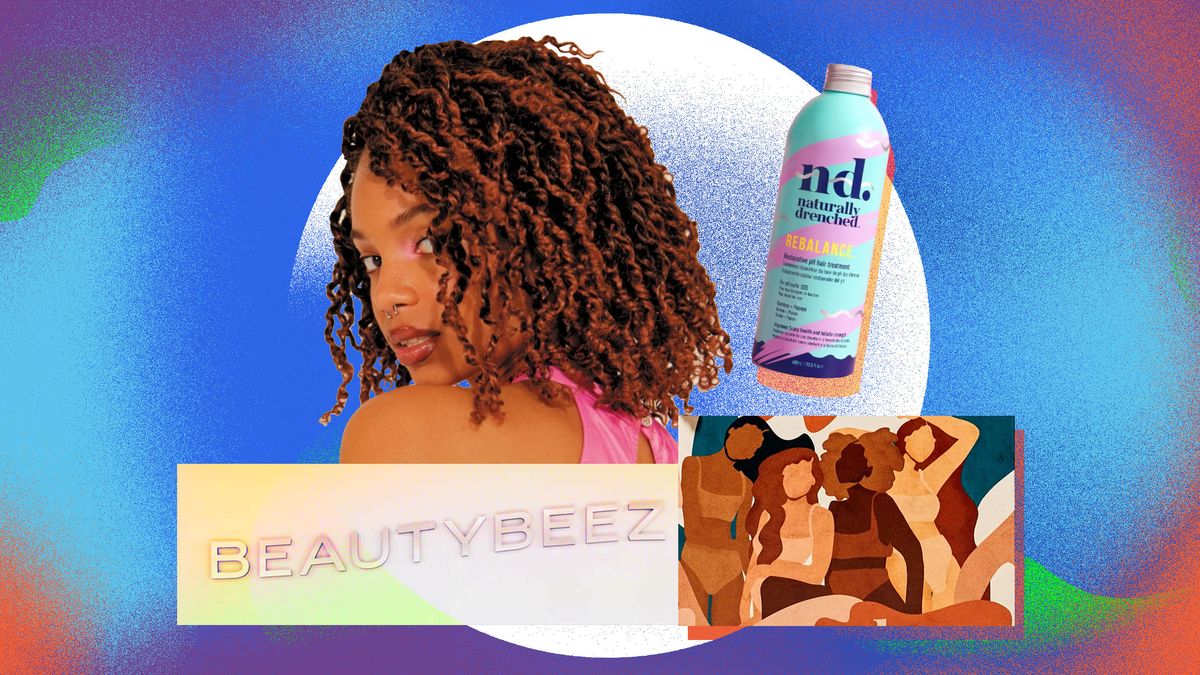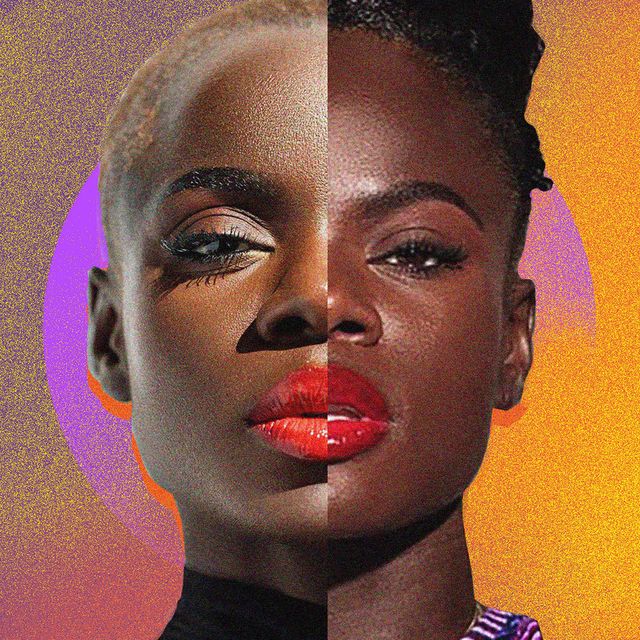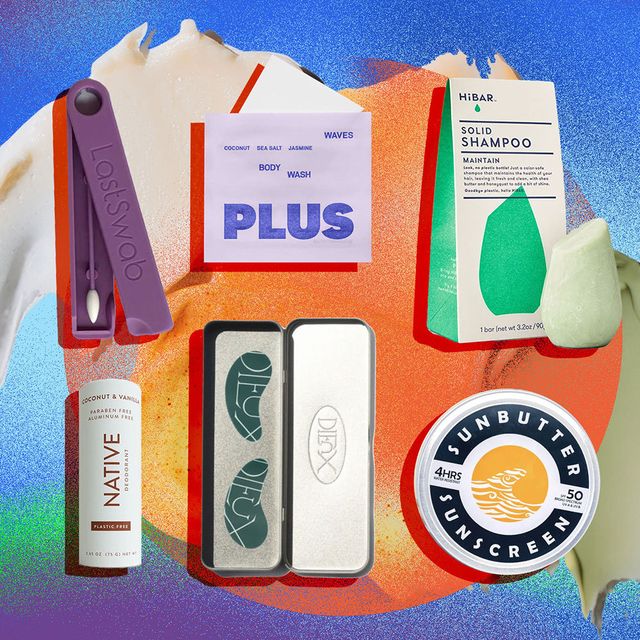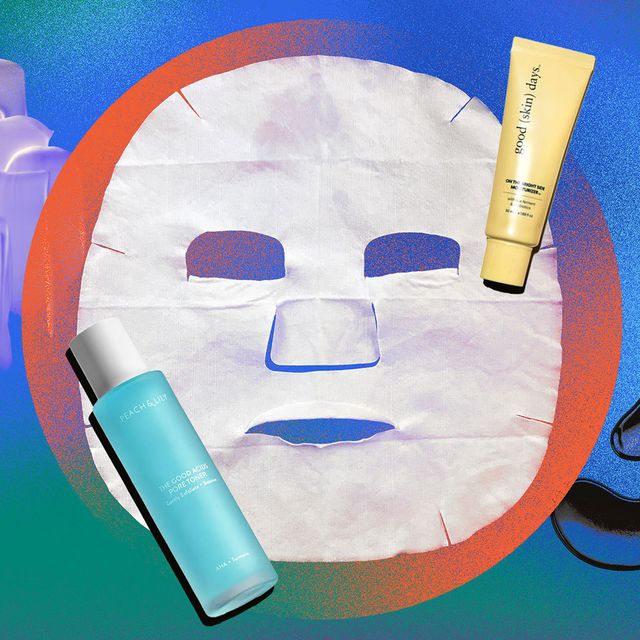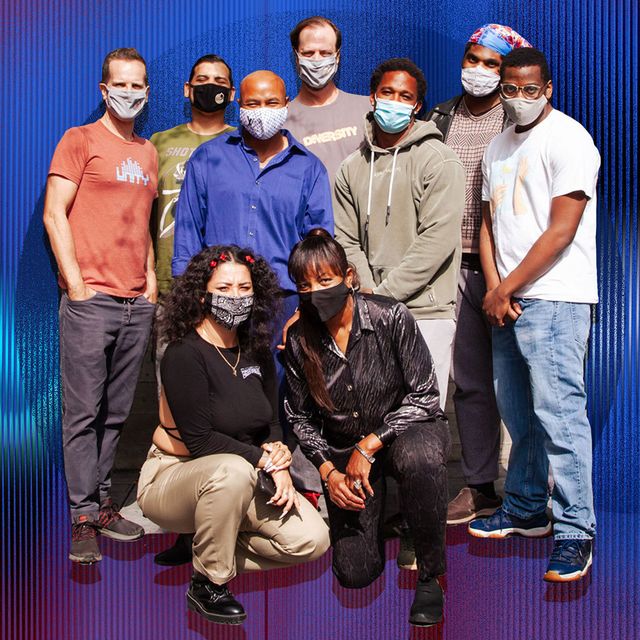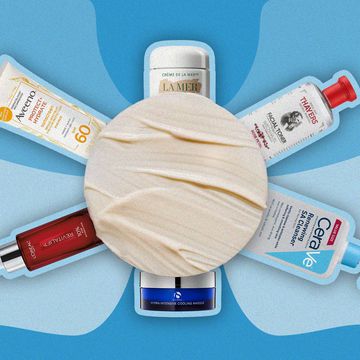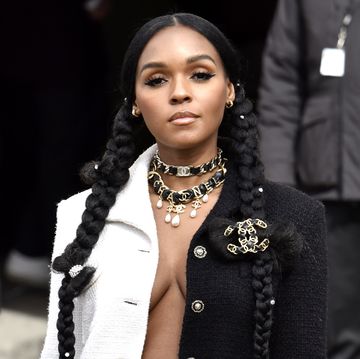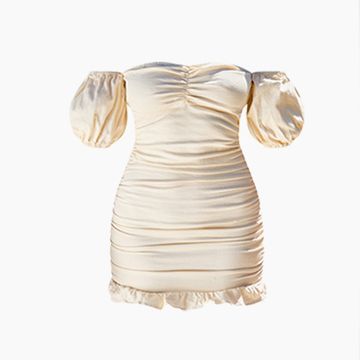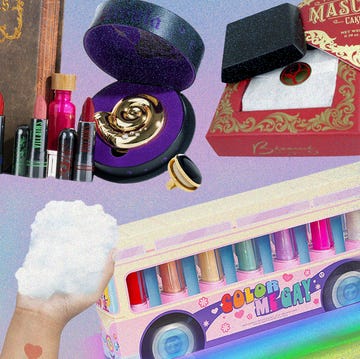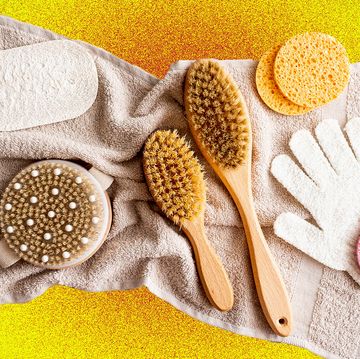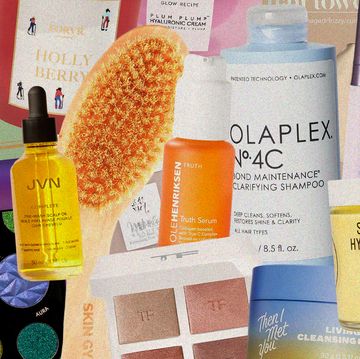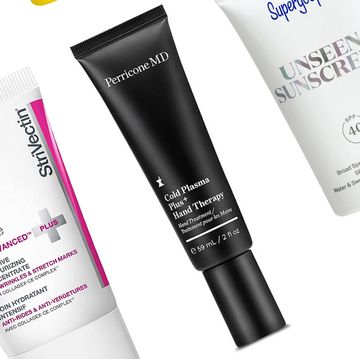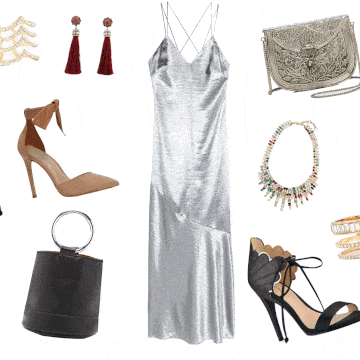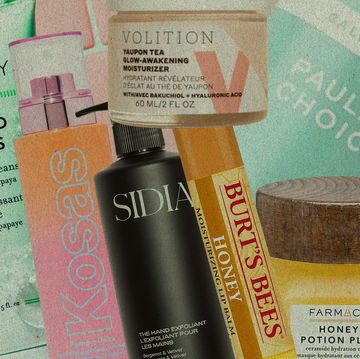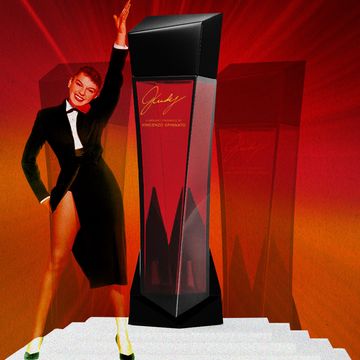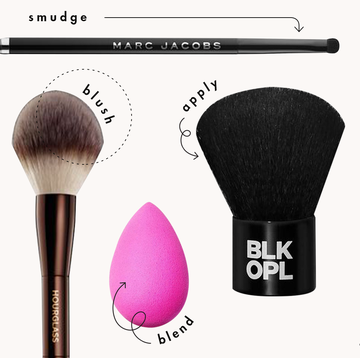We need beauty — it lifts our spirits, revitalizes our imaginations, and soothes us. Beauty, both internal and external, can be a healing force in our lives, so we’re bringing you a series of stories that examine the ever-changing role of beauty — in our personal lives and in society, and how this impacts us individually and collectively.
Overnight, we were forced to confront a world without makeup. Celebrities, usually only unveiled to the public after hours of perfecting by glam experts, revealed fresh faces via socially distanced beauty tutorials and covers of hit songs; for the rest of us, the thought of even committing to a weekend beat felt fruitless. It was the early days of lockdown, and, just like fashion, the beauty industry was battening down the hatches. Black-owned beauty brands, already fighting for a fraction of the recognition offered to white brands, expected to be hit hardest.
Fast-forward a year, and cosmetic companies seem to be recovering … though not without its casualties. Last summer saw Black-owned businesses shuttering at twice the rate of others, and beauty was no exception. Those who weathered the storm seemed to be rewarded at the top of the 2021 when Sephora pledged to double its stock of Black beauty brands, only to encounter another rude awakening the following month: Becca Cosmetics, Estée Lauder’s young, fun little sister, had failed to recover after Covid losses, and no one, not even brands backed by corporate giants, was safe.
More on Beauty
Nonetheless, Black-owned beauty brands are in an excitingly unique position as we head into potentially our most social summer in recent memory. Not only do Black people offer proportionally more revenue to the beauty industry than their counterparts of other races, but Black beauty businesses account for almost 90 percent of the total spending in the ethnic hair and beauty market. This points to the kind of loyalty difficult for brands in other markets to replicate and proves there is a largely overlooked value in the Black customer.
Alisia Ford was quick to recognize the gap. She upended her robust résumé as an attorney working with organizations such as Apple, Nike, Fox Sports, and Disney to create Glory Skincare, a brand that caters to women of color. For years prior, Ford had struggled to find effective skincare that adapted to her complexion, and her frequent migraines meant she was forced to remove all topical toxins. After testing numerous products, she realized the beauty industry had left melanin-rich complexions “out of the conversation.”
“I saw an opportunity to put women of color at the center of it all,” explains Ford. “I believe that Glory Skincare has helped more brands hold themselves responsible to be more inclusive when developing new products.”
Like Ford, Brittney Ogike is another admittedly avid beauty consumer. Similarly frustrated with the lack of options, she decided to be the one to provide them. Much of her professional life was dedicated to sports management, but, after a decade in the industry and starting a family, she felt she needed to switch gears. Enter: L.A.-based BEAUTYBEEZ. Offering women of color all the essentials of a beauty-supply store, coupled with the customer service and prestige of a top-tier beauty retailer, BEAUTYBEEZ is a one-stop shop and “safe space” for the beauty must-haves that women of color have been waiting for.
“I integrated all of my experience as a Black consumer into every facet of the business,” she says. “Our customers’ reactions to entering the store and knowing it’s Black-owned are priceless. It’s a testament to why we exist.”
She’s not alone. Attorney, salon owner, and single mother Jamila Powell was seeking a side hustle to better provide for her daughter when Naturally Drenched occurred to her, well, naturally. She’d recently pivoted her salon to specialize in natural hair, and would listen in on clients’ product needs that simply didn’t exist. When they lamented a lack of pre-conditioning treatments for higher-textured hair, Powell had a “light bulb of inspiration”: haircare for hair types neglected by the industry.
“You always have to be one step ahead,” Powell says of surviving in the beauty industry. “It is really crucial to be able to identify trends early, or even create your own. Having a strong brand mission and voice is key to successfully grow and set yourself apart from the competition.”
When the world stopped in March 2020, Naturally Drenched would prove to be Powell’s saving grace. Forced to close her salon indefinitely ahead of what was slated to be its most profitable year yet, Powell poured much of her energy and resources into her burgeoning beauty business and found new income in e-commerce sales. Ford similarly pivoted her strategy, though notes that in the early days her foremost challenge was generating capital as she built the business. Everything changed when Beyoncé’s website spotlighted the brand, setting Glory Skincare alight. With both a physical and digital presence, BEAUTYBEEZ went largely unaffected by the pandemic, merely realigning its focus to online sales.
For others, navigating the pandemic was more difficult. Lulu Pierre, the brains behind faux-locs company Boho Locs, developed depression when Covid hit. Homeschooling her daughter and managing a company full-time left her feeling helpless and overwhelmed. Moreover, she felt remote working exposed her penchant to be disorganized.
“It was a huge challenge to lead the business when my depression stopped me from even wanting to get out of bed,” shares Pierre. “I also struggled to adapt my style of leadership, which is very high energy, high passion, and fast paced and works very well in an interpersonal dynamic, to a digital remote format.”
Nevertheless, Boho Locs has continued to thrive. Since she founded the business after a Brazilian blowout gone bad in 2016, Pierre’s protective styles frequently sell out. Now, Boho Locs’ various platforms serve as a community forum where the “Boho Locs tribe” can share stories and wisdom and celebrate one another’s wins. Ogike similarly believes mandated isolation “sharpened” her entrepreneurial skills, better equipping her for the challenges of being a business owner. Still, it’s worth noting each woman entered the beauty industry with frustrations over its shortcomings, and those continue to persist. Most of all, they want more women like them in the mix.
“The ethnic-beauty industry is controlled primarily by people outside of our community with no real insight into what products work and what we actually need,” says Ogike. “We need more people of color at every level, from manufacturing to distribution.”
“There just aren’t enough Black-owned brands on a global scale,” echoes Pierre. “I passionately believe that Black people should be the owners of businesses that create beauty products for Black people. We know our needs more intimately than anyone. It is my wish that more Black people benefit from the benefits of business ownership.”
Powell is excited to see Black beauty brands eventually eclipse the exclusively ethnic market. “I want to see every brand of color considered as a beauty brand like any other and not only marketed for only one sector.”
While surviving Covid-19 may not necessarily mean post-pandemic paradise for the start-ups, each entrepreneur is certainly hopeful for the future. For Alisia Ford, the future is already here: anti-inflammatory, expertly crafted skincare for Black women, by Black women. Lulu Pierre welcomes technological possibilities enhancing the industry — the opportunity to try a hairstyle virtually, for example — while Jamila Powell is impressed by the industry’s growing environmental awareness.
Ogike, alternatively, is particularly thankful for the industry’s growing representation. Even brands performatively responding to pressure from progressive consumers to appear “woke” normalize a new reality for beauty — one that actively includes people of color. Ironically, she notes, those same brands are now finally understanding the “value of the Black dollar.” Although it may be too little, too late: There’s already a host of women of color on the frontlines bolstering Black beauty, and they intend to stay.
“I think we’ll see more niche products, brands, and experiences arise as we continue to see the evolution of a more inclusive beauty industry,” adds Pierre. “More female, Black-owned brands, getting the skills and knowledge for success, gaining access to funding, and having an influential voice on the global stage.”
Beatrice Hazlehurst is a New Zealand–born writer covering culture, entertainment, and lifestyle for multiple outlets. She nomadically traverses both coasts, but currently you can find her by the beach in Southern California.
Get Shondaland directly in your inbox: SUBSCRIBE TODAY
